Social Justice, BLM, and Atlantika is a series of posts by Atlantika members that focus on the critical issues of race and social justice. The year 2020 has tragically brought together a pandemic with outsized impacts on communities of color and ongoing protests against the murder of George Floyd and the many others who have lost their lives as a result of racist violence. As our mission statement makes clear, Atlantika members have always valued “social responsibility, community, and nurturing a contemporary humanism through art.” However, in the wake of recent events, which are critical to the future of the nation and the world, Atlantika has renewed its commitment to make racial and social justice a lasting focal point -- and to do our part to bring about a powerful movement for change.
Atlantika Collective members Gabriela Bulisova and Mark Isaac have done extensive work on issues related to mass incarceration, the racist policy that inordinately targets people of color, subjecting them to lengthy prison sentences, often for nonviolent crimes. In this project, titled Songs in the Key of Free, the duo focused on an innovative music program at a state prison not far from Philadelphia. The program is an upbeat and positive way for those in prison to express themselves, but a bitter subtext unsettles the narrative: many of the participants are sentenced to life in prison without parole or extremely long sentences, and these sentences are meted out disproportionately to people of color.
Please be certain to read the other posts in this series thus far:
Billy Friebele and Yam Chew Oh: Social Justice, BLM, and Atlantika
Bill Crandall: Minding the Traces
Gabriela Bulisova, Mark Isaac and Taylar Nuevelle: Who Speaks for Me?
Gabriela Bulisova & Mark Isaac
Songs in the Key of Free is an innovative music program initiated several years ago at State Correctional Institute-Graterford, a maximum security prison northwest of Philadelphia.* The program restored music instruction for inmates after twenty years without any access to a music program of any kind. It brought together outside musicians and talented men in the prison to create original songs and performances, an album, and podcasts with the personal stories of participants. You can learn more about the program, led by the indomitable August Tarrier, here: https://www.songsinthekeyoffree.com/.
Our short film and still photographs, created in 2017, focus on the creative process that gave birth to outstanding original music in multiple styles -- and rejuvenated lives in the process. But the project was also meant to call attention to the extremely disturbing and unjust situation of many participants, who have already served lengthy sentences, taken responsibility for their actions, and now deserve a new life on the outside. Activists in Pennsylvania and around the country call life imprisonment without the possibility of parole “death by incarceration” and are working to abolish it, along with other disproportionately long sentences.
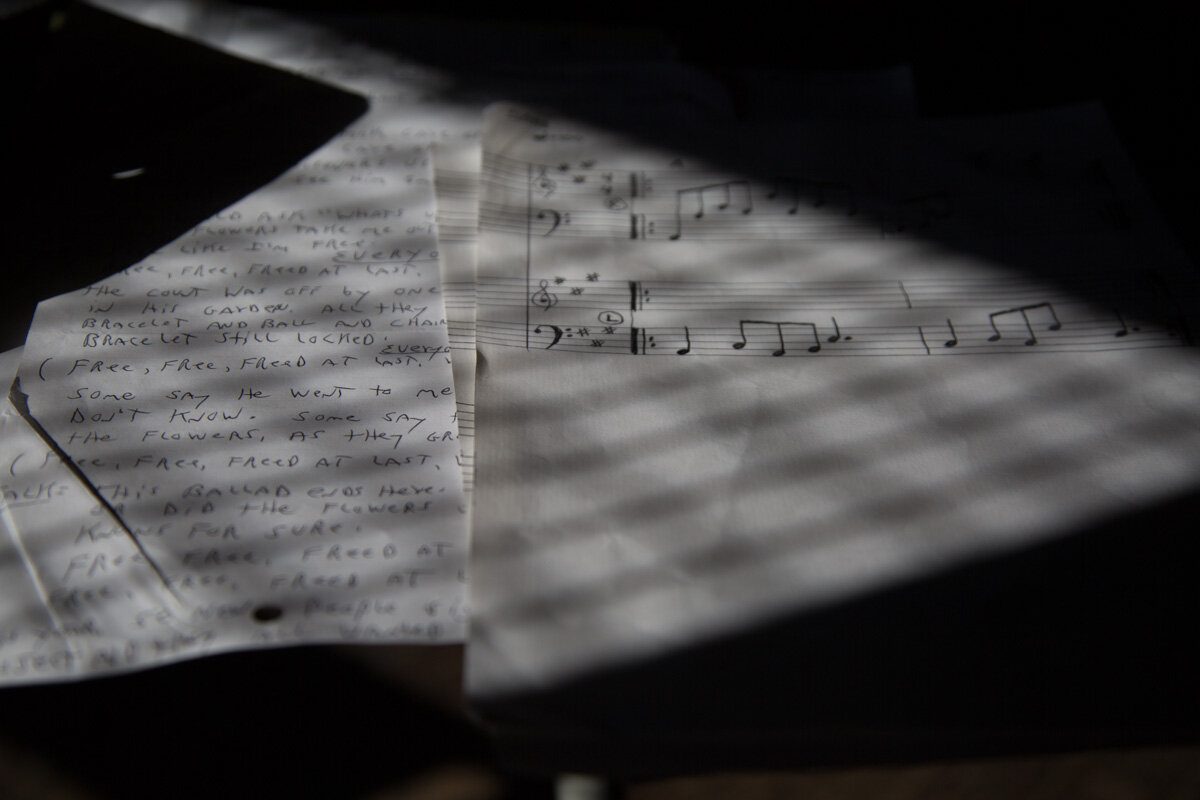
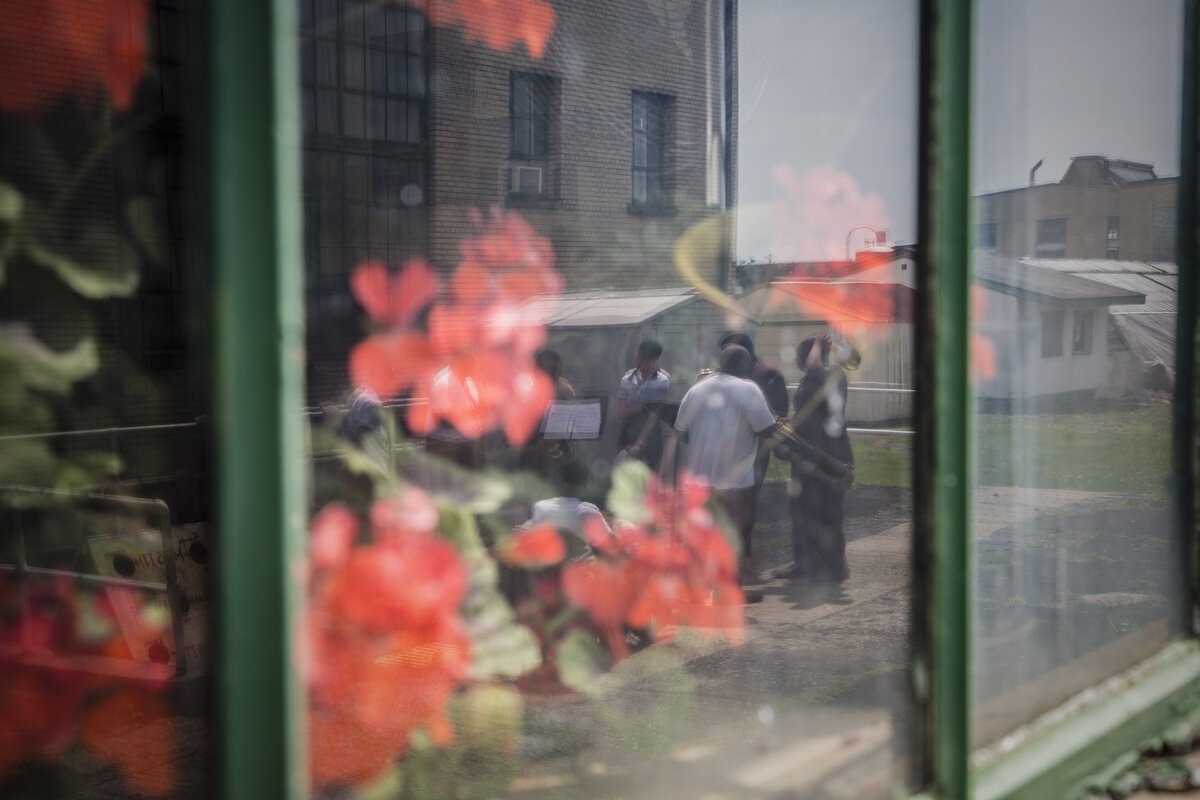
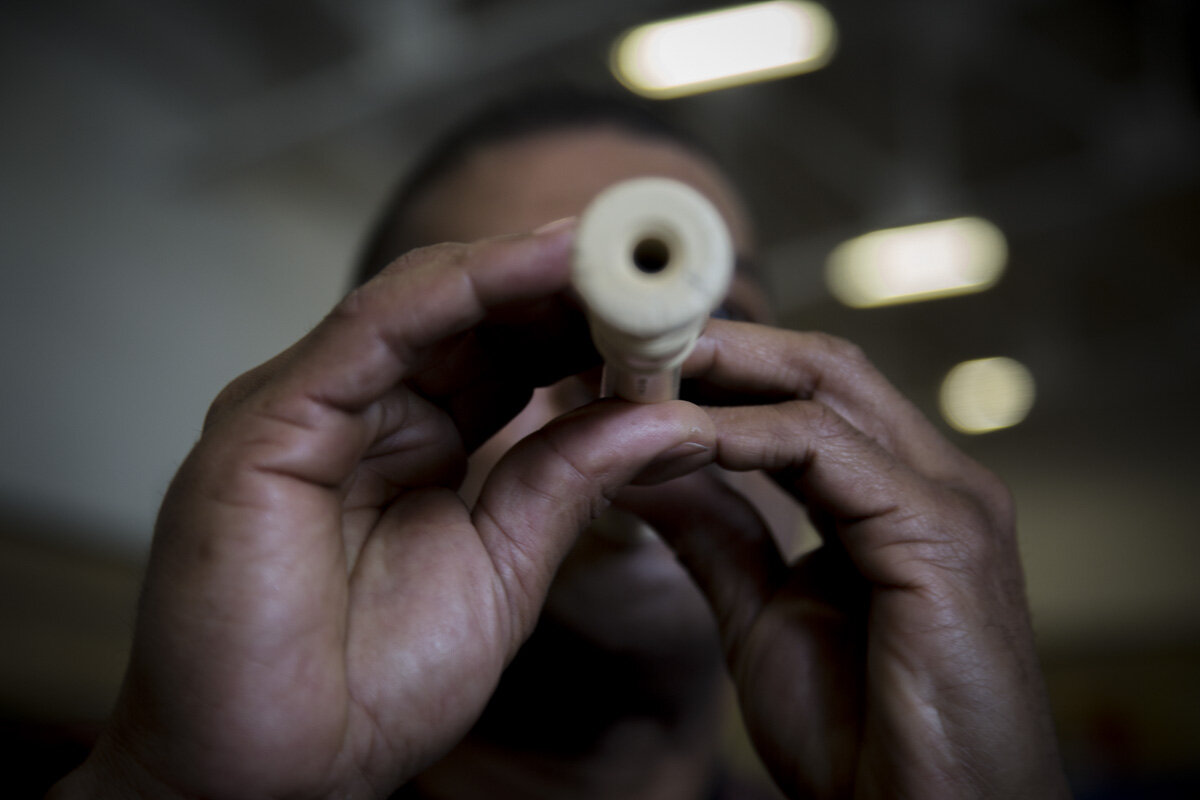
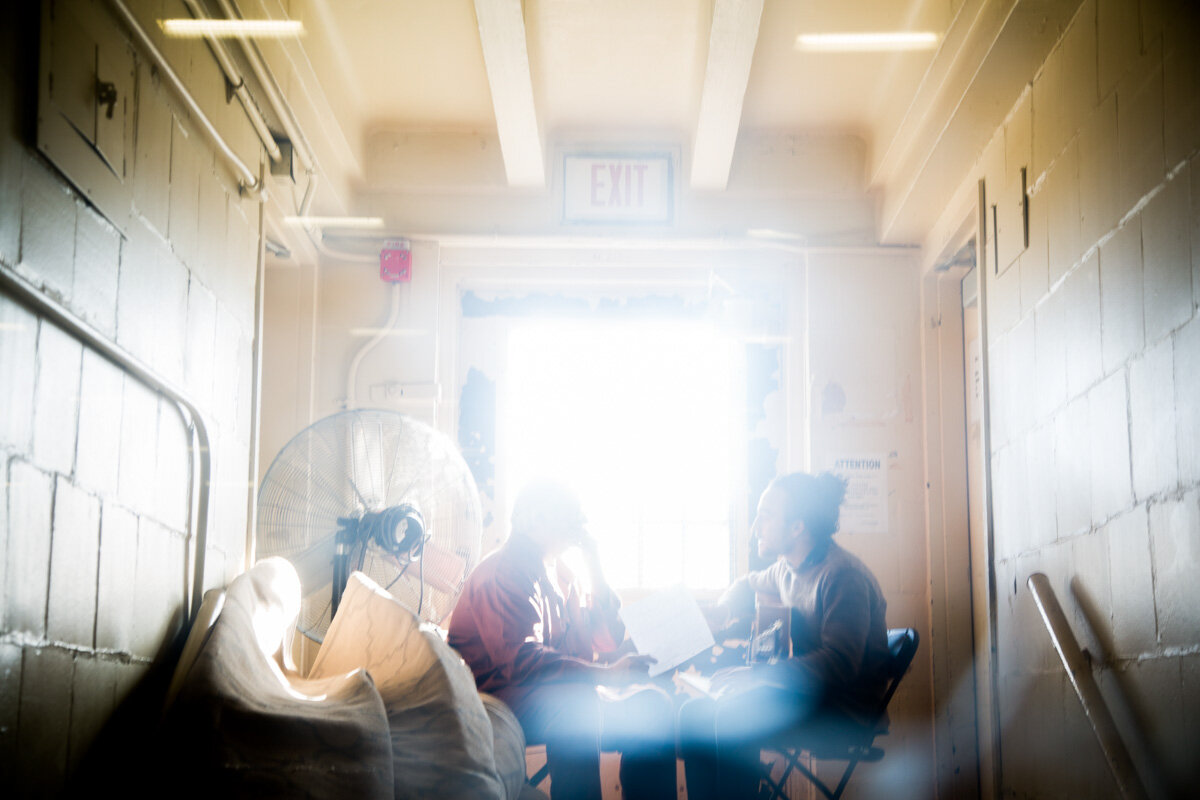
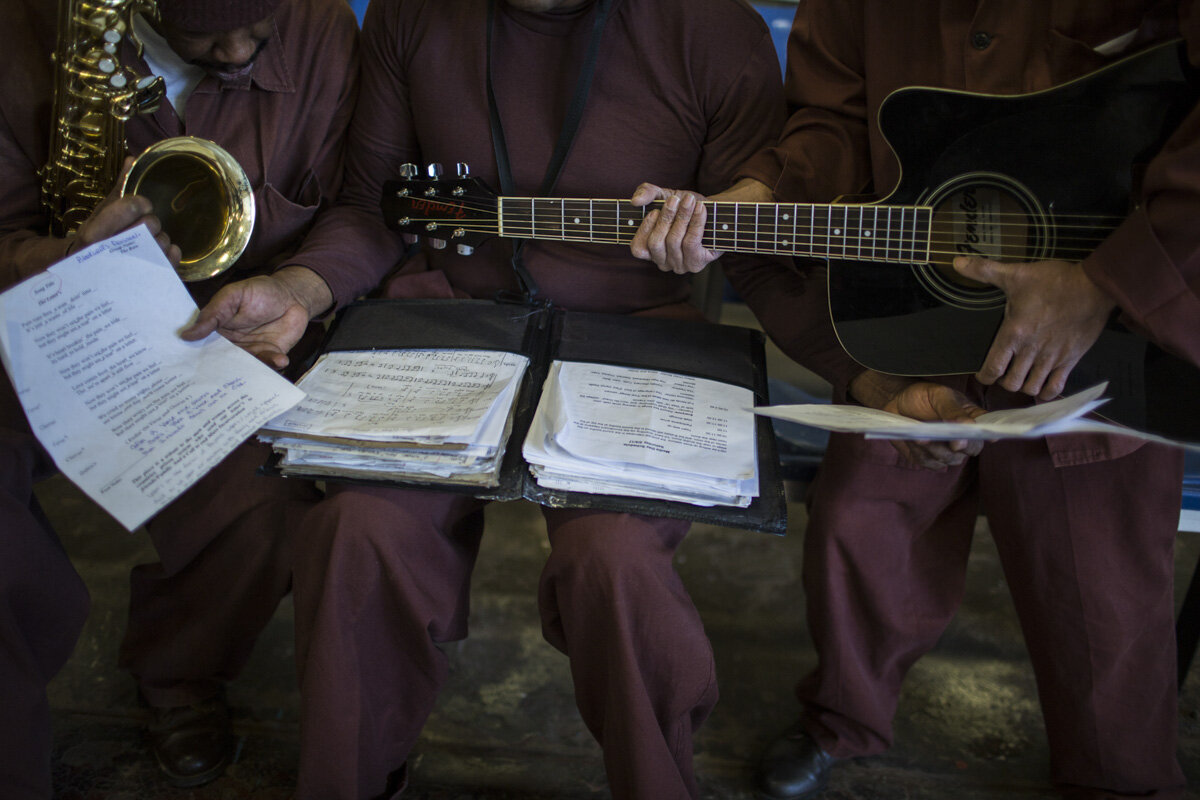
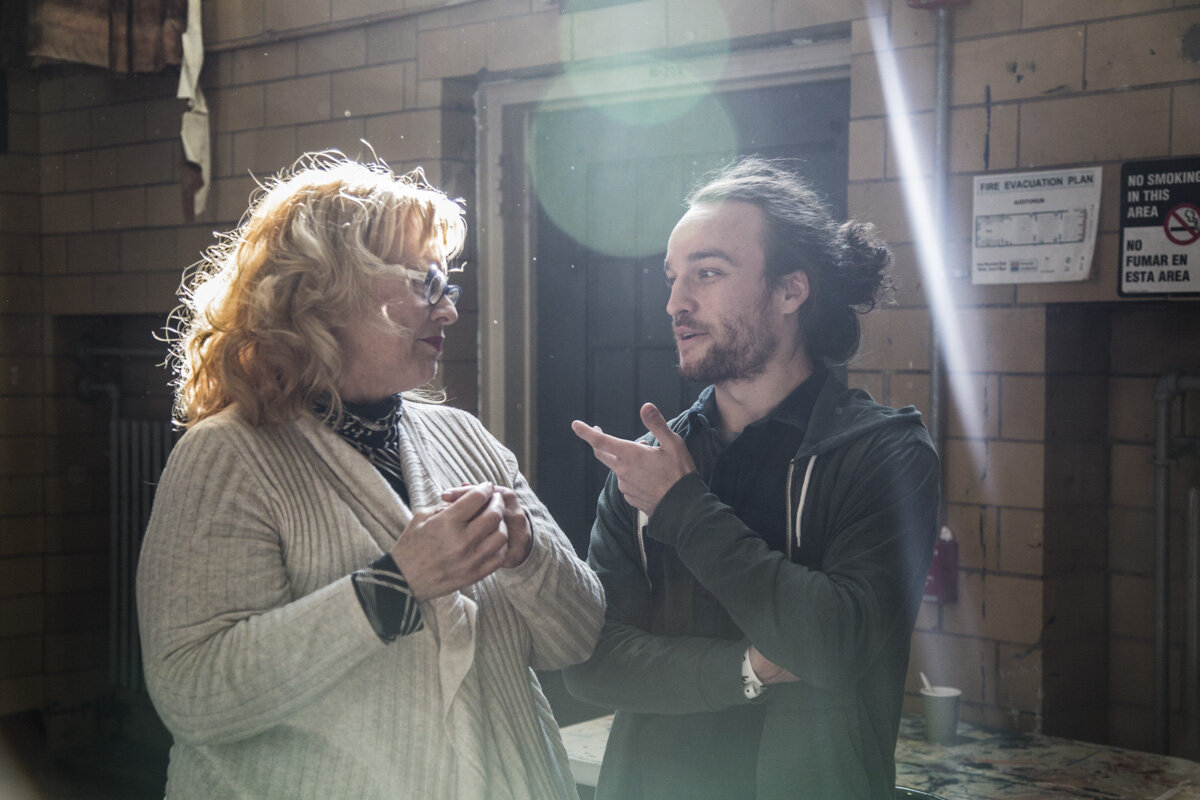
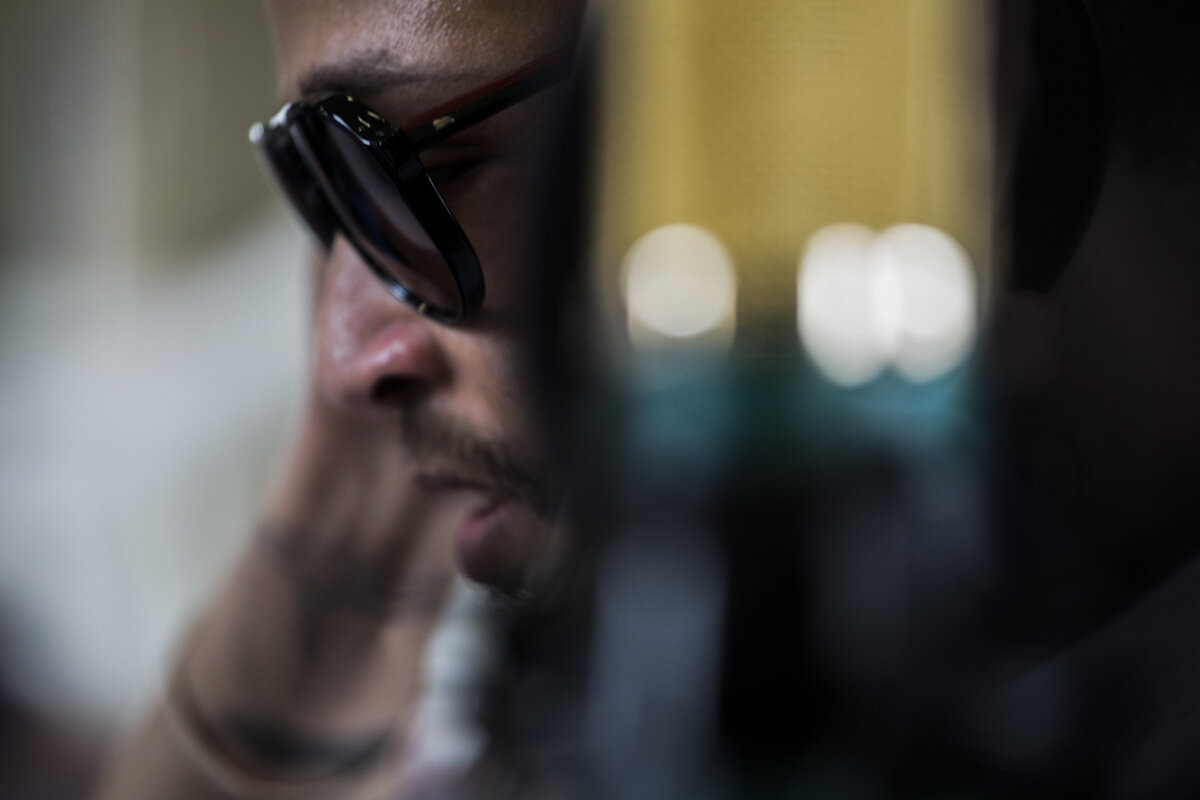
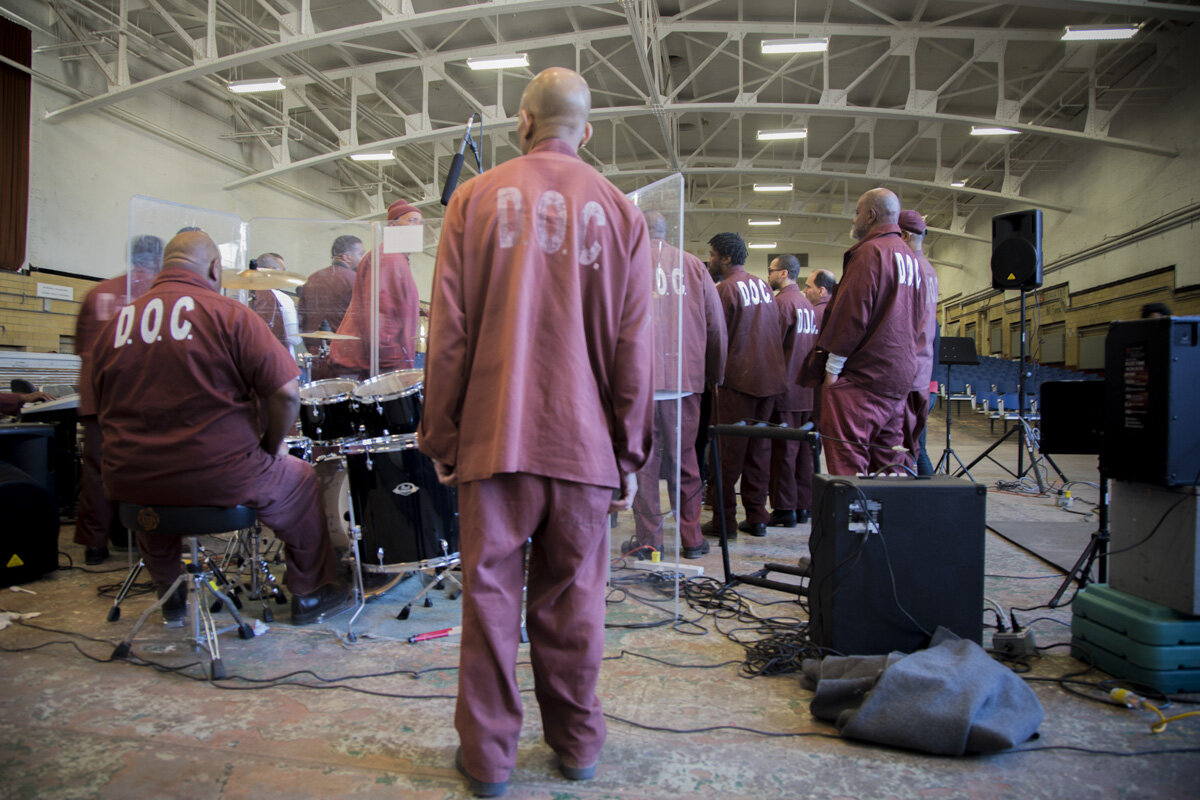
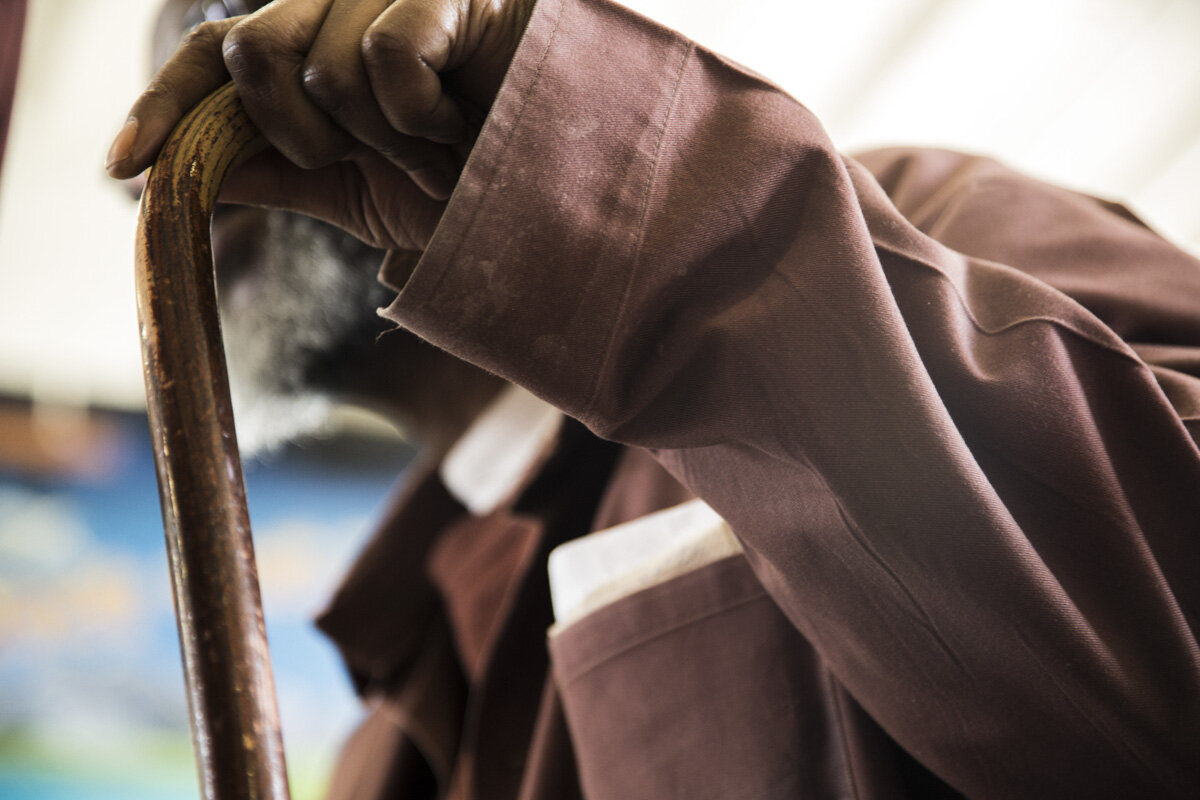
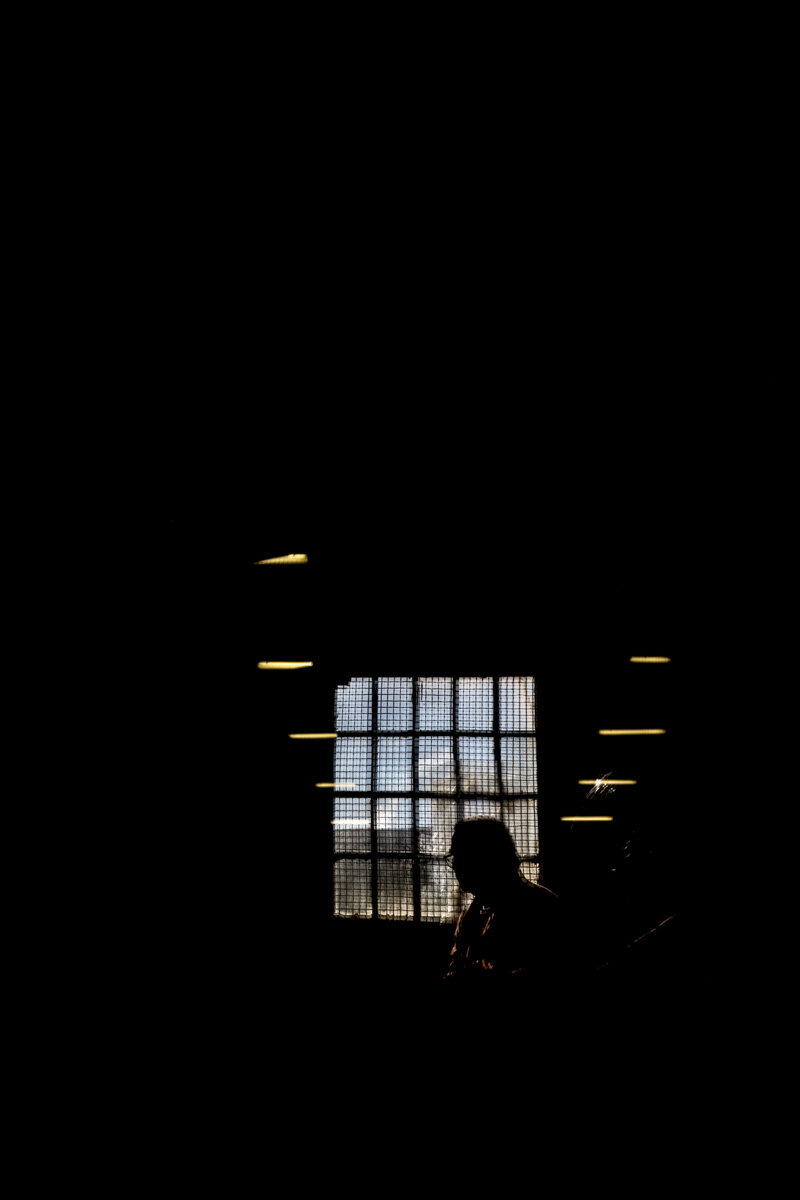
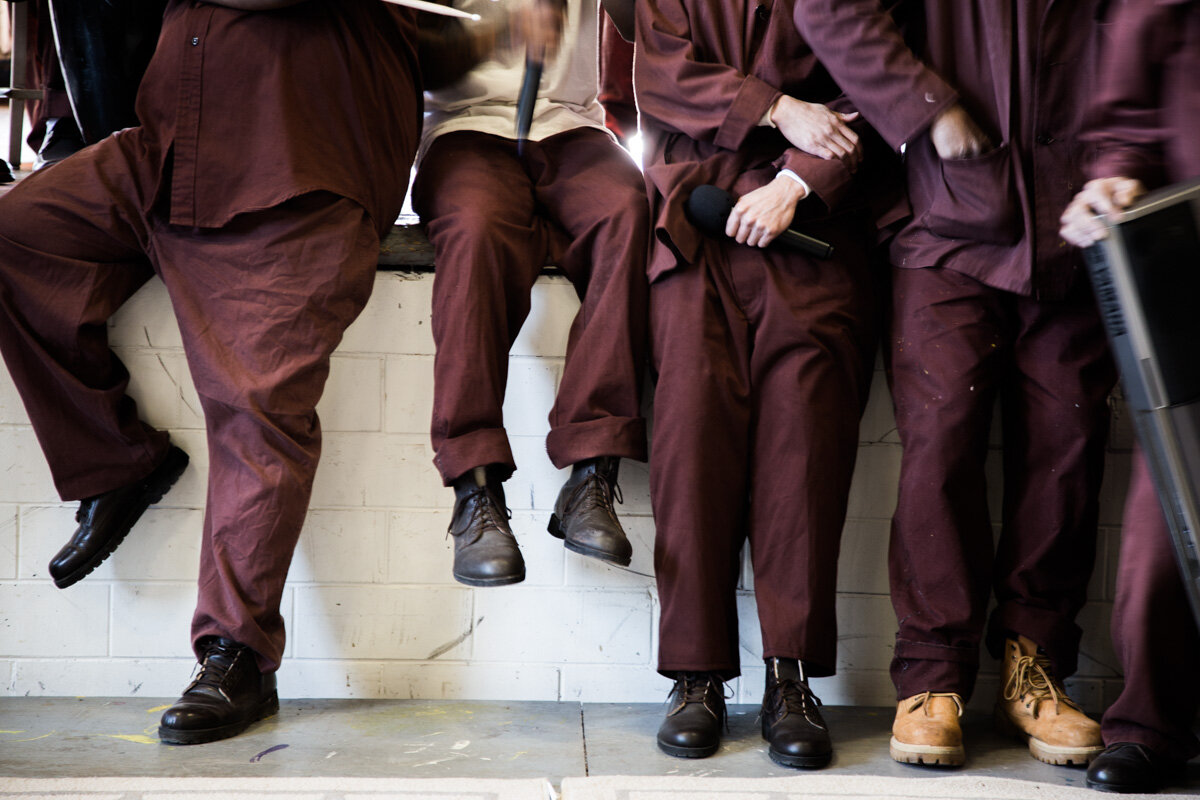
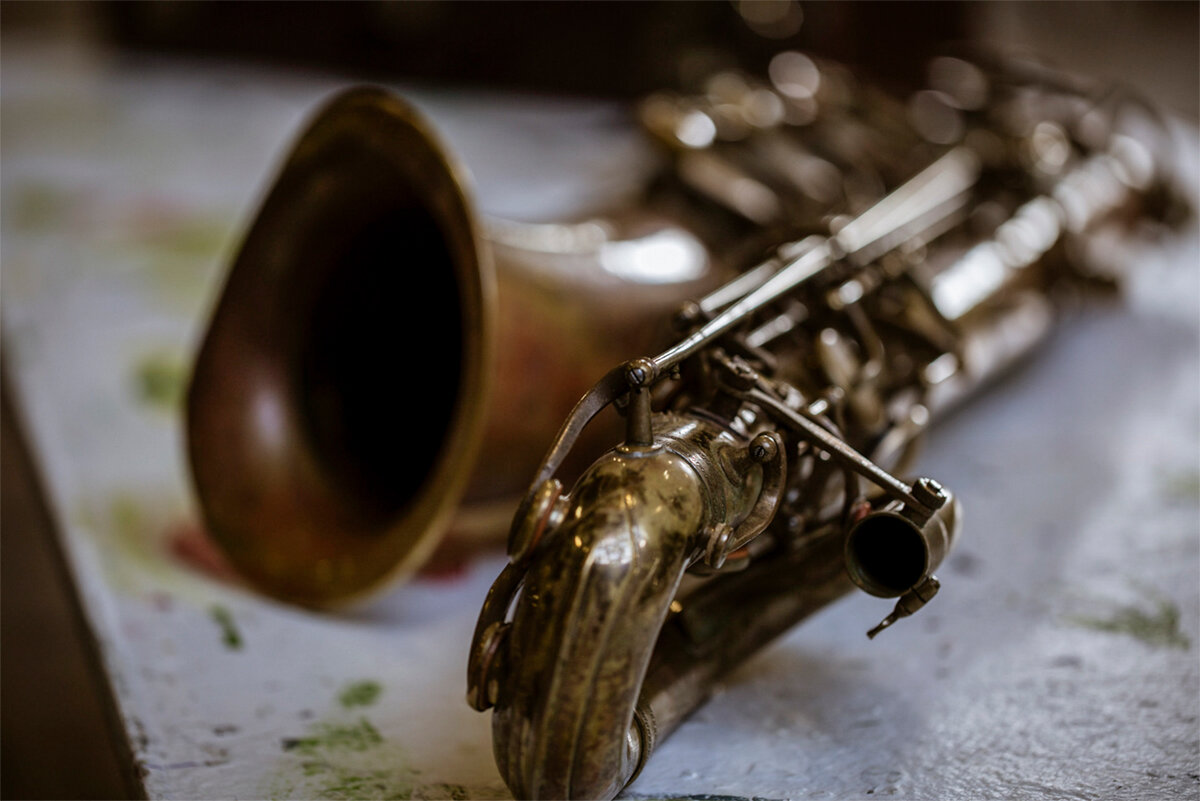
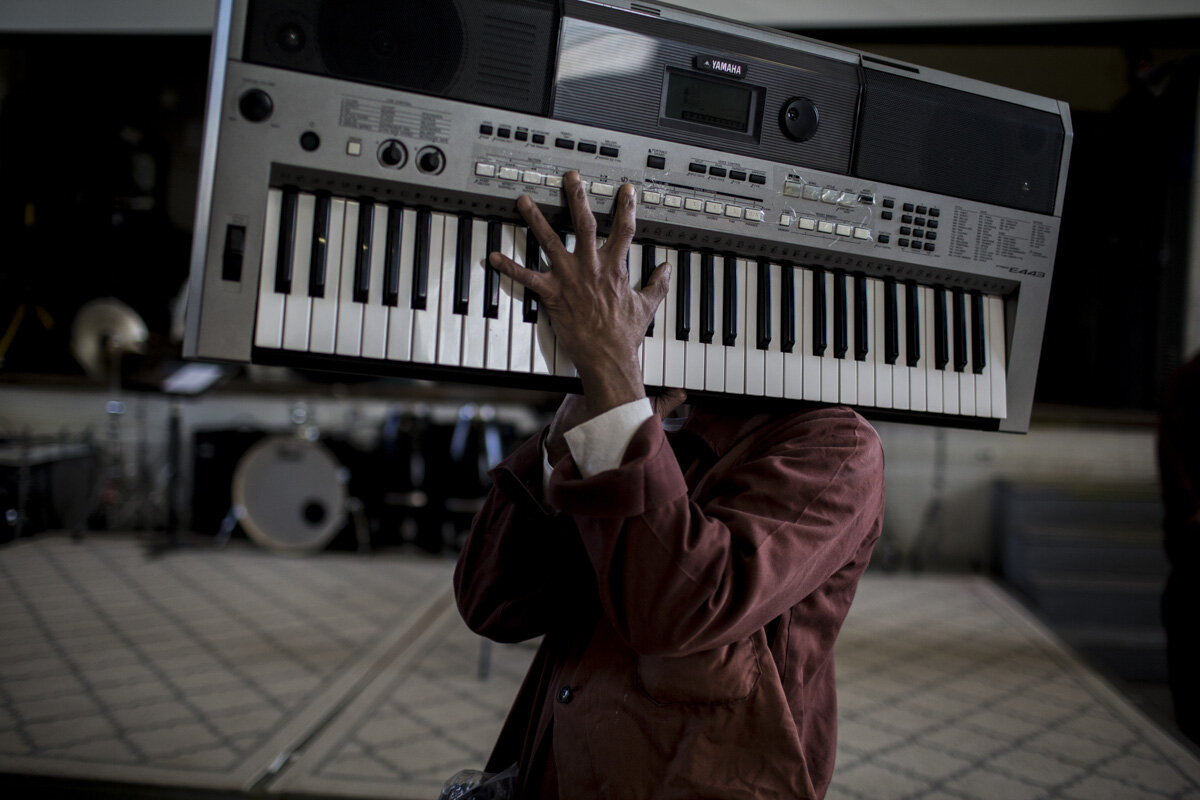
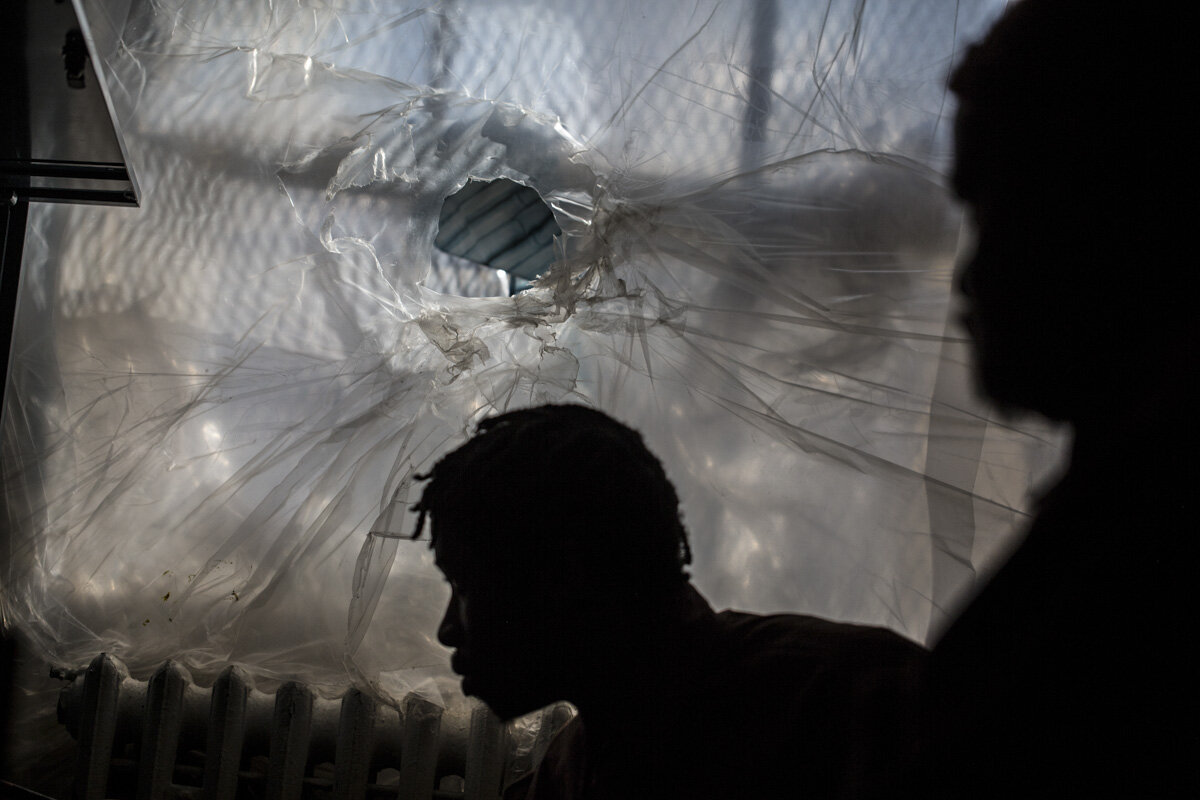
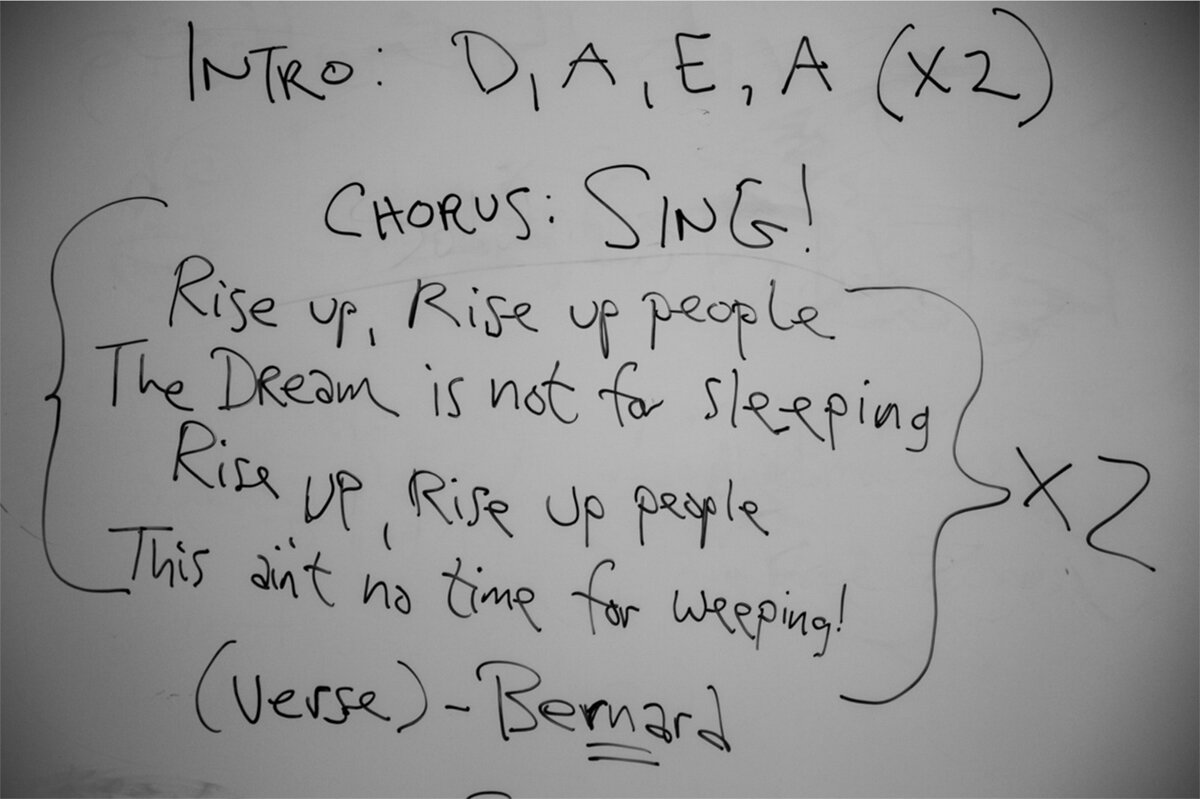
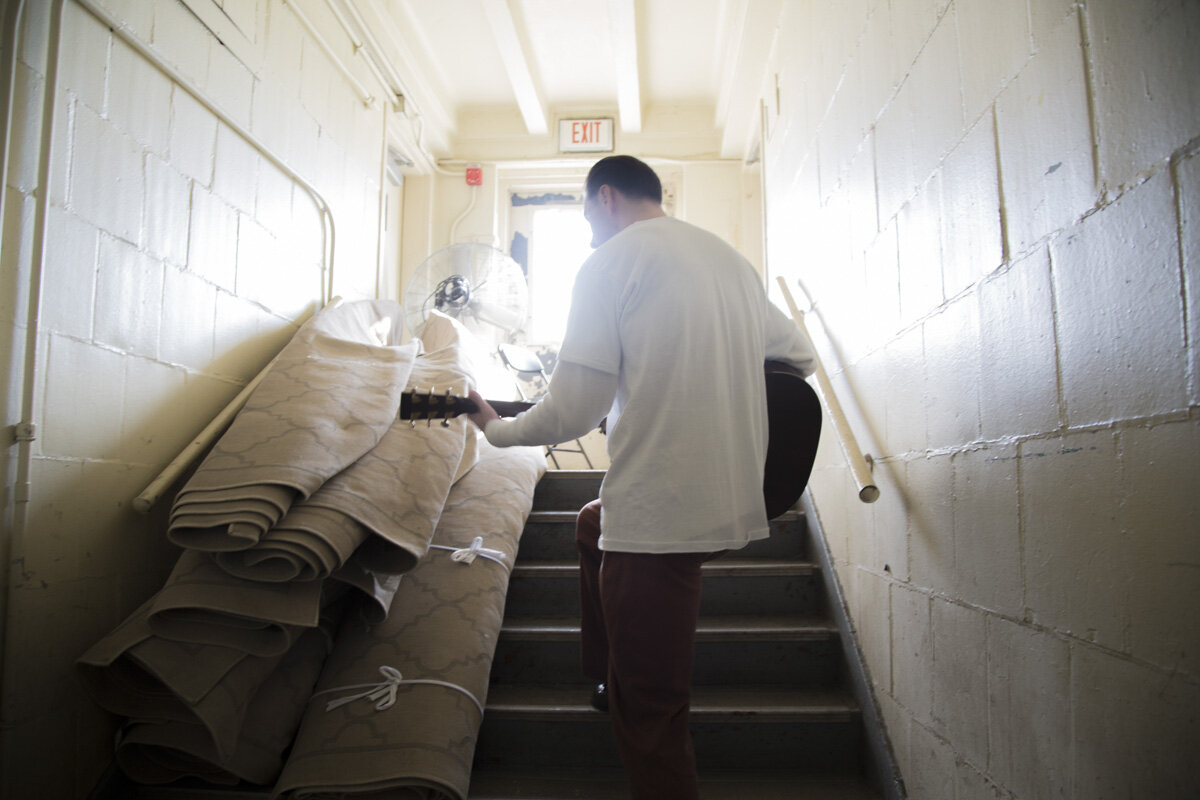
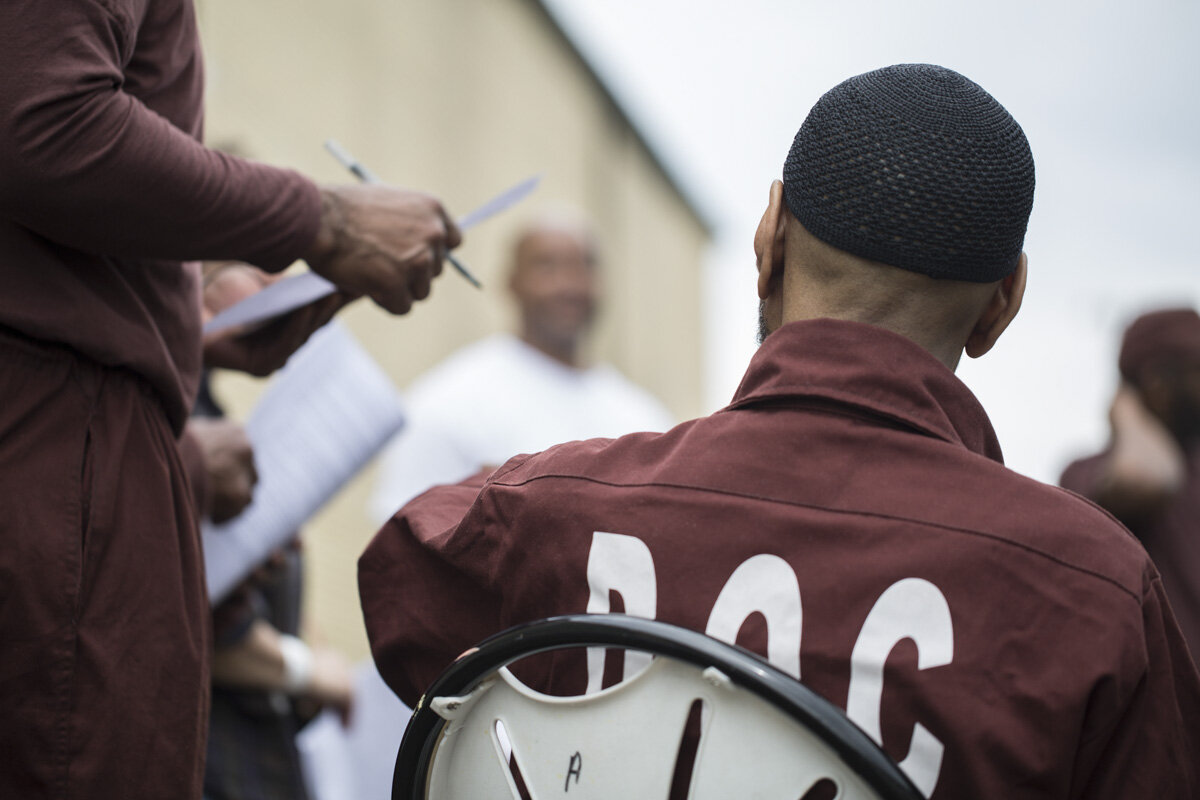

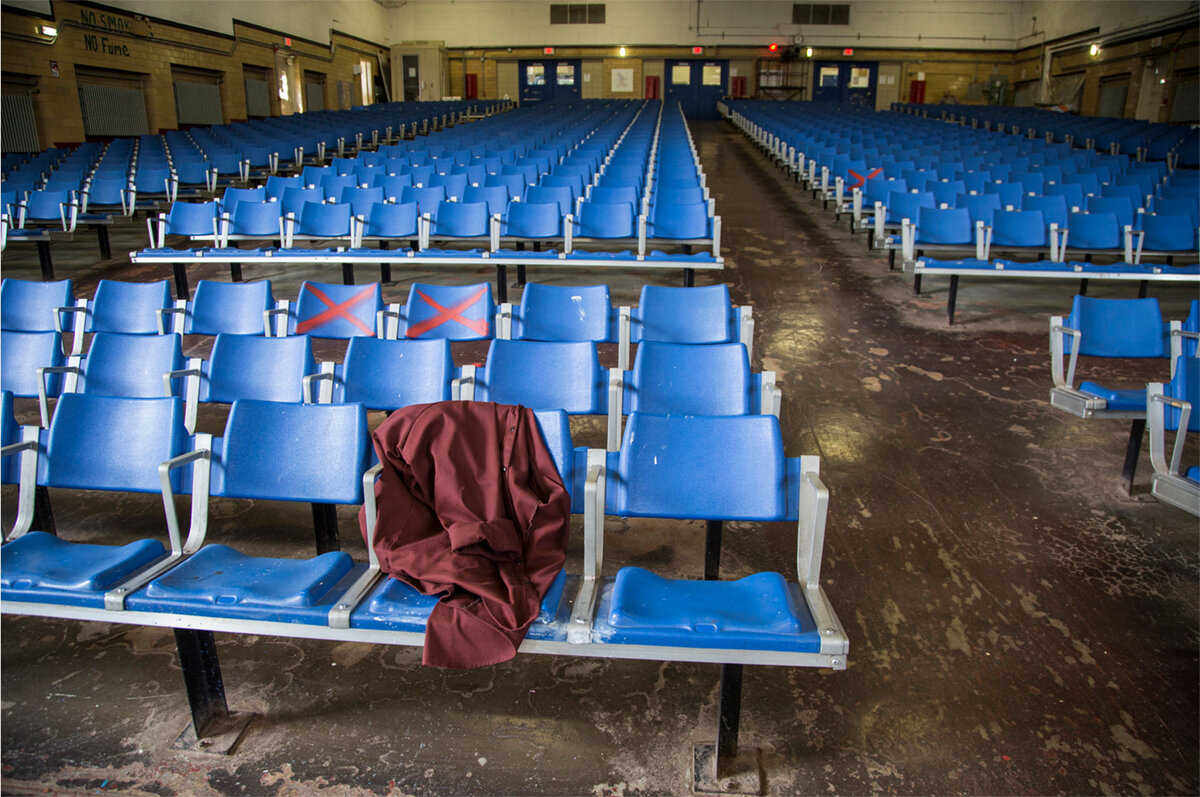
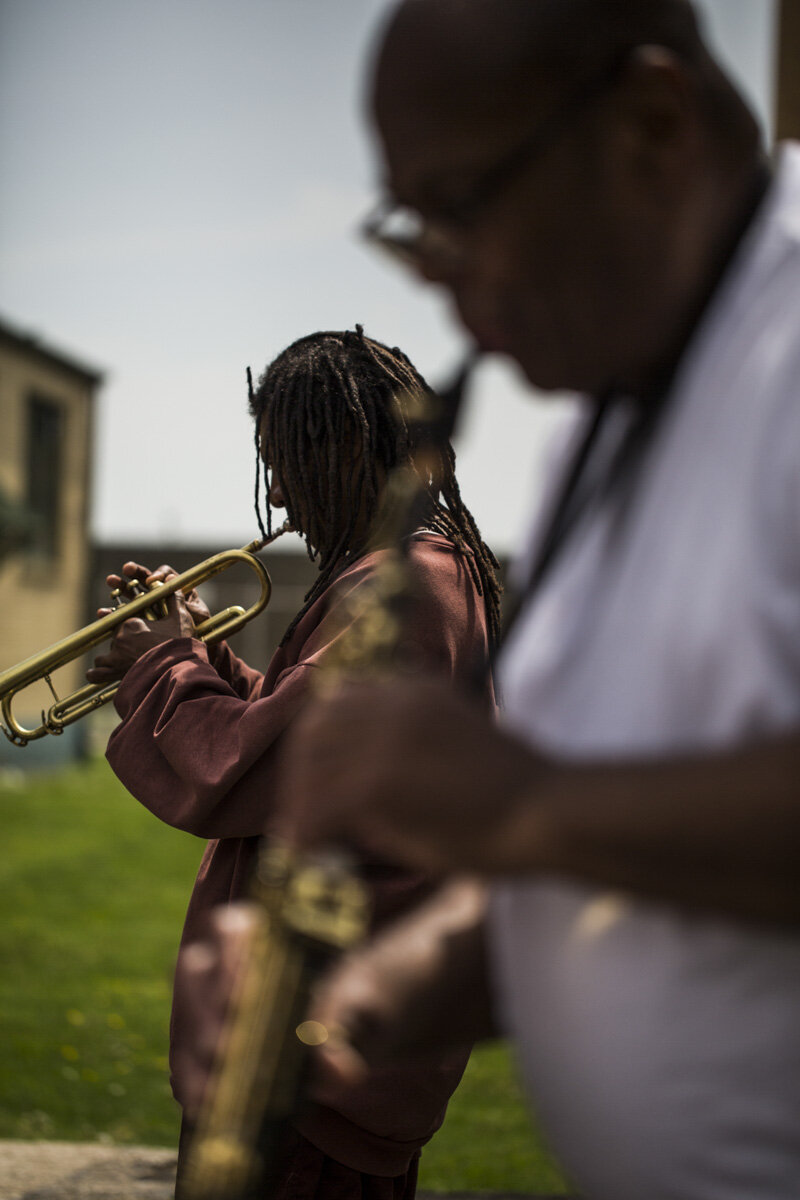
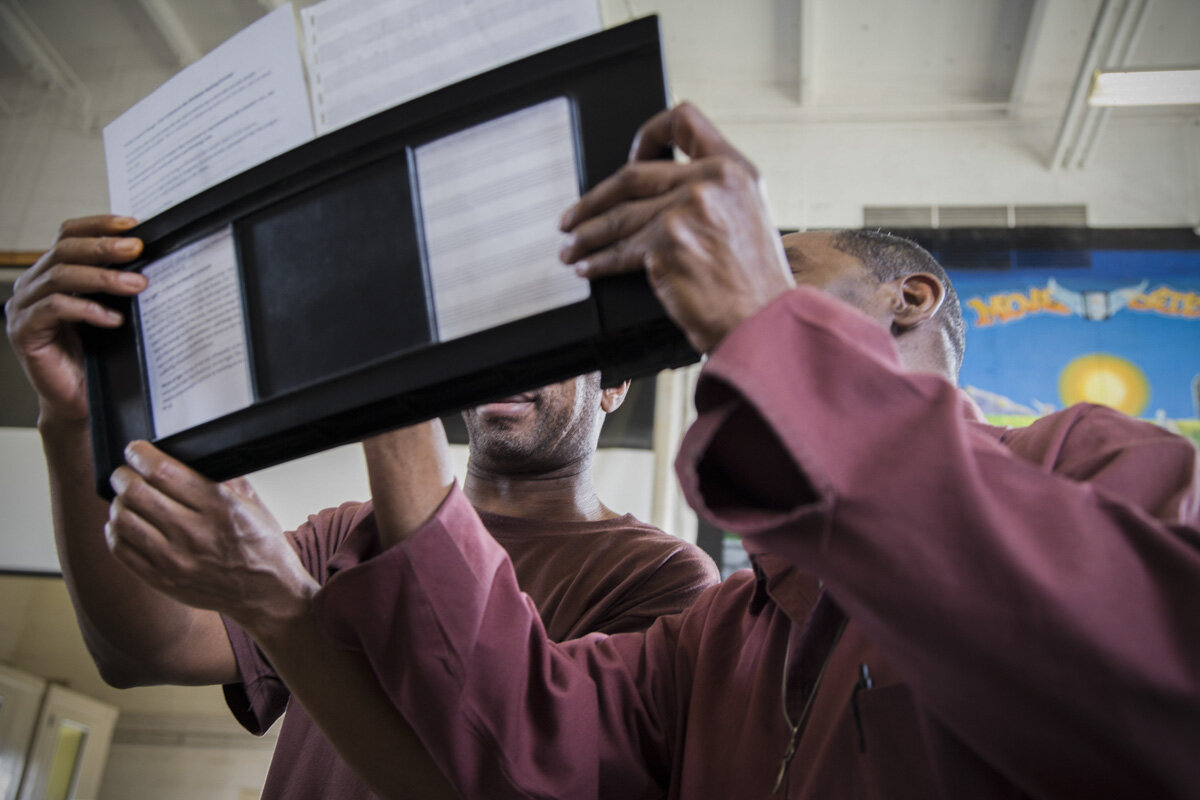
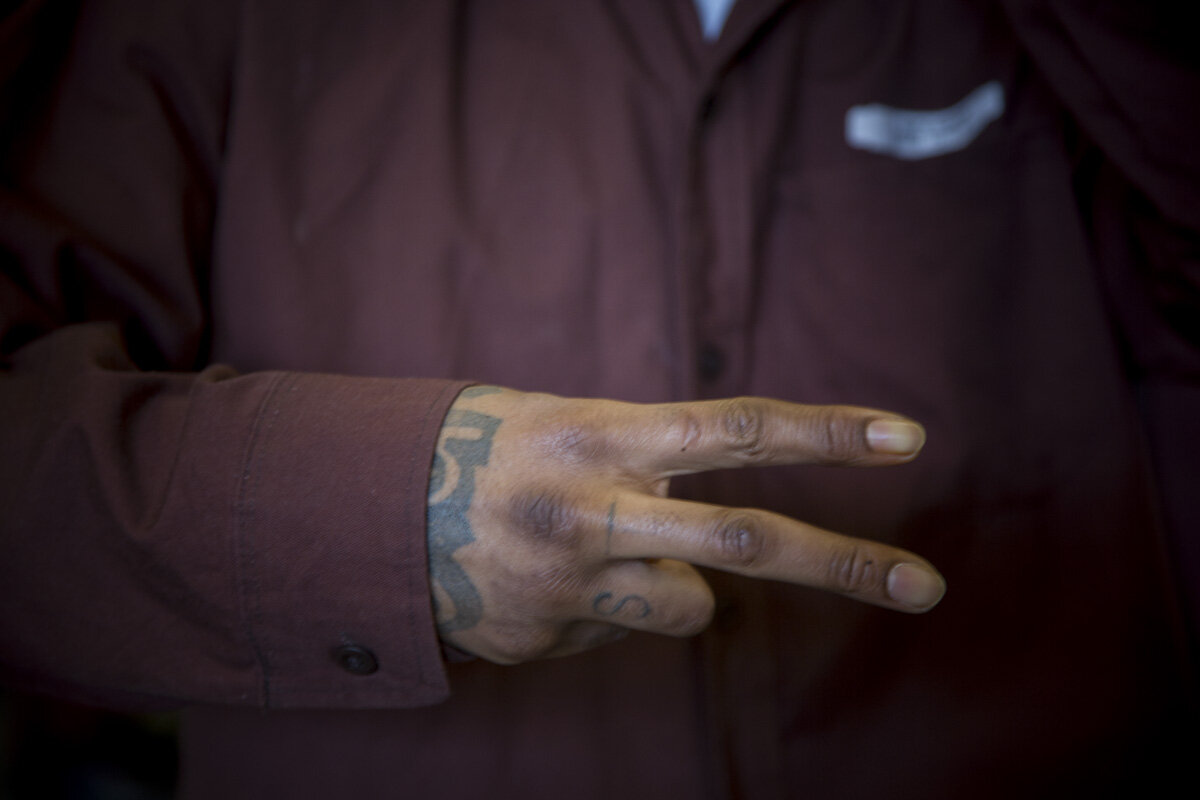
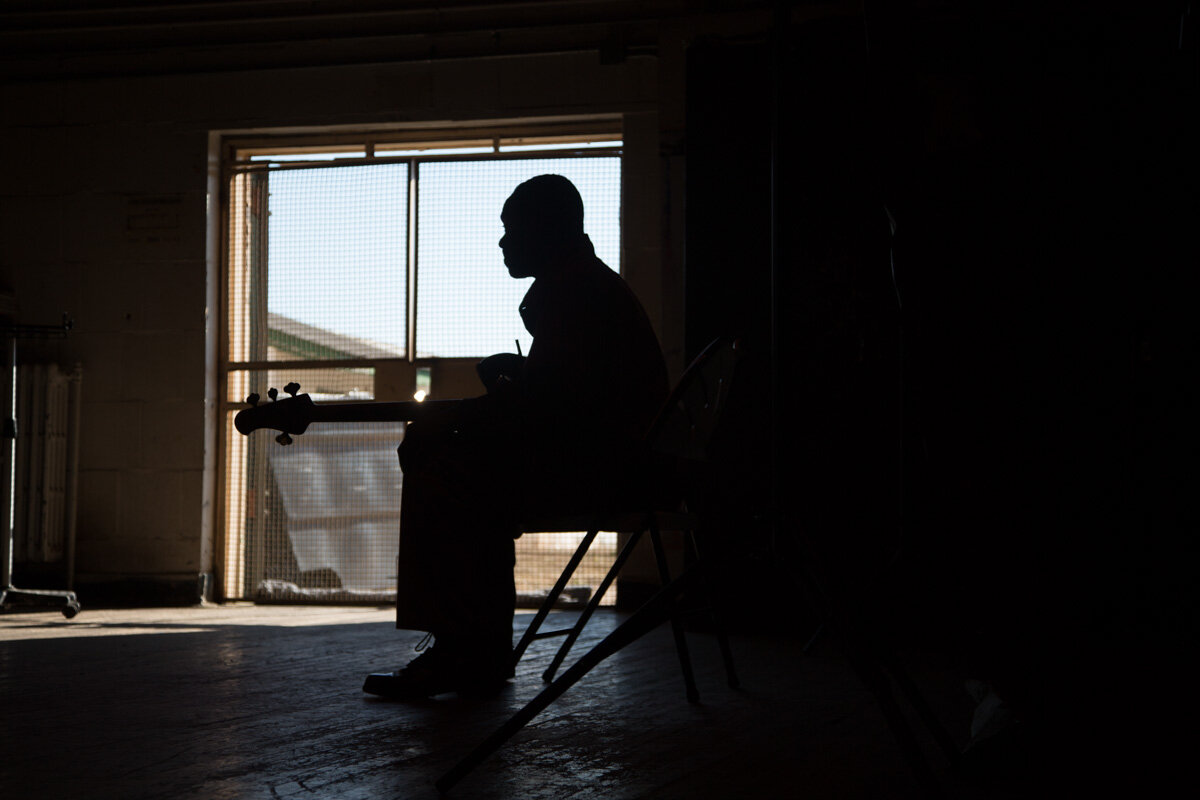
The film documents how participants created and performed original music dealing with the urgent need for criminal justice reform. One of these songs, titled “I Can’t Breathe,” offers a trenchant reminder of the fact that George Floyd, stopped by Minneapolis police responding to reports of a counterfeit twenty dollar bill, was not the first person to be asphyxiated by police officers. Many of us recall that widespread use of the phrase “I Can’t Breathe,” which has now become a rallying cry for the Black Lives Matter movement, originated with the case of Eric Garner, the Black man in New York City who was choked to death when stopped for suspicion of selling untaxed cigarettes. But the tragic and very real fact is that, behind these two cases, are dozens more known cases and likely many others that have yet to be publicized. A recent investigation by the New York Times found at least 70 cases in the last decade in which men died in custody after mouthing those same words. You can find the documentation here.
Out of all of the projects that we’ve created on incarceration, this one was simultaneously the most uplifting and the most unsettling. It was incredibly inspirational because of the beaming, warm and giving attitude of the participants, and their phenomenal display of talent and creativity in a situation of extreme duress. At the same time, it was deeply tragic to understand that many of the men at Graterford were aging, reformed, very harmless, and could only be of benefit to the community on the outside, yet a large number of them are stuck in prison for the rest of their lives.
It is important to say that neither the men, nor us, are apologists for serious crime. The residents who we encountered took full responsibility for their crimes and believed in the principle of paying for what they did. Some, in keeping with the principles of restorative justice (an alternative theory of justice in which offenders, victims, and the community work together to do everything possible to repair the harm caused by the offense), took the initiative to try to alleviate the pain they had caused. They wanted desperately to give back to their communities on the outside. After witnessing this dynamic firsthand, we became even more convinced that our legal system is off course and must be radically reformed to bring about greater fairness and justice for all, including both victims and offenders.
Much of prison life in America is designed to deprive residents of their humanity, so it was not very surprising that prison authorities demanded, as a condition of our work inside, that we obscure the men’s faces at all times. We had to adopt novel visual strategies to comply with this meanspirited and unnecessary requirement, but we did our best to allow their humanity and their individuality be on proud display in every other way possible.
We hope that this small glimpse into the kind heartedness and generosity of men serving extremely punitive sentences will provide insights into the severe harm caused by mass incarceration -- and the moral rot that lies at the heart of America’s system of justice. We must all do our part to ensure we correct course, by choosing wisely in the upcoming election -- and beyond.
* In 2018, State Correctional Institute-Graterford was replaced by a new prison, State Correctional Institute-Phoenix, built at a nearby site.
